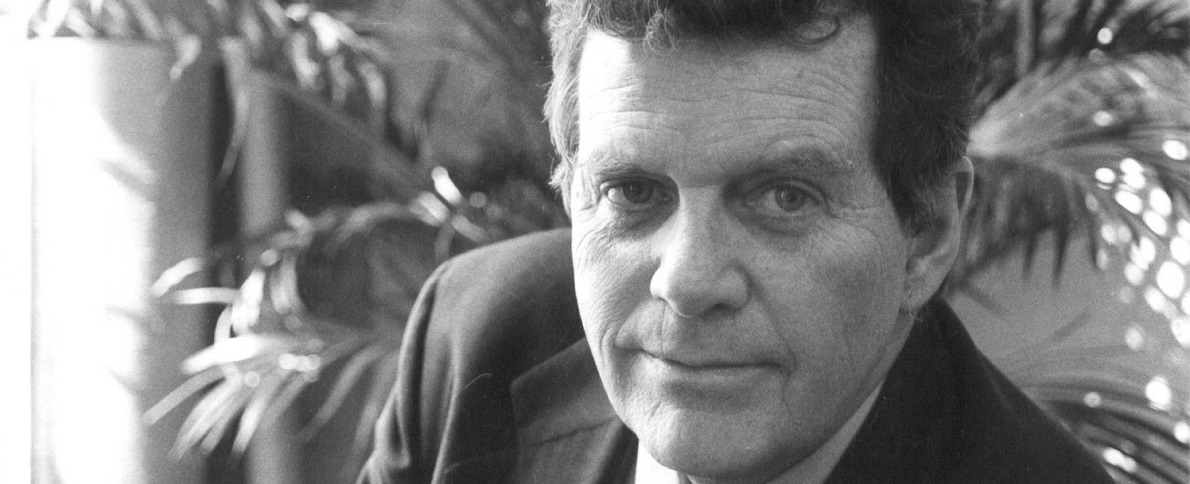On the 27th of September, the world lost Alfred Stepan, “one of the greatest scholars of comparative politics”, in the words of Seyla Benhabib. Stepan was one of the most outstanding political scientists of his generation, whose work left a strong impression on the comparative studies of religions in democracies.
Stepan’s work signified a break from theories of ‘secularization’ and ‘modernization’ that dismissed religion as something “traditional and irrational,”—a force of authoritarianism and an obstacle in the quest for “modernity and rationality” that was essential for all democracies.
In his article “Religion, Democracy and the ‘Twin Tolerations’” [2000] (which claimed that Islam, Confucianism and Orthodoxy were not intrinsically more authoritarian than western Christianity), Stepan introduced the defining concept of ‘twin tolerations,’ a theory that would later come to influence the debate on secularization.
According to Stepan, the ‘twin tolerations’ are to be considered the focal point in the conflict between religion and politics in democracies. In fact, the philosopher claimed that democracies should be founded on “mutual respect” between the political and religious spheres. In other words, the faithful must recognize the state’s freedom to legislate and govern, without its authority being questioned by religiously-motivated claims; on the other hand, the state must recognize the right of its citizens to express their points of view and values publicly – not just privately – in the context of civil society, with respect for the law and constitutional rights.
As conceived by Stepan, the concept of ‘twin tolerations’ overcomes the problematic use of the term ‘secularism’ (marked by strong European connotations) and demonstrates how social contexts other than those of Europe are able to reach, with alternative approaches, a reciprocal respect between religion and politics. One of the most recent case studies he used to support this argument was that of Tunisia and its recent attempt to become a ‘civic state’.
According to the philosopher, Tunisia has always had an inclination towards the ‘twin tolerations,’ a path it has been predisposed to for no less than a century that has contributed to shaping the country’s current political situation. For example, in 2003, the four parties in opposition to Ben Ali’s regime (Ennahda, the CPR, Ettakatol and the PDP) collaborated to produce a document named the “Call from Tunis” which reflected on and clearly articulated the principles of the ‘twin tolerations’:
“1) any future elected government would have to be “founded on the sovereignty of the people as the sole source of legitimacy”; and “2) the state, while showing “respect for the people’s identity and its Arab-Muslim values,” would provide “the guarantee of liberty of beliefs to land the political neutralization of places of worship.”[1]
In the course of his career, Stepan observed various societies and cultures from this perspective, such as those of Brazil, Chile, Indonesia, Senegal, Spain, Turkey and, in particular, India. In relation to this last one, Indian philosopher Rajeev Bhargava recalls his first encounter with Stepan: “At our first meeting about 20 years ago, Al was a bit suspicious of secularists who sought the exclusion of religion from the democratic process by fiat. When he realized a few years later that my Indian secularism made no such demand, he became one of its principal supporters. We met practically every year after then, we were deeply involved in several academic projects, and became very good friends. Al’s boundless energy, curiosity, academic intensity and passion were infectious. A man with exemplary personal qualities, his deep understanding of political systems was simply breathtaking; and his political and academic commitment was unparalleled. A person who, though not totally fit and in his late 70s, could spend several days travelling in the sweltering heat of Eastern Uttar Pradesh to follow Mr. Modi’s constituency in the 2014 elections had to be someone very special. He will be sorely missed.”
In analyzing Nehru’s India, Stepan claimed that the country would never have become the democracy that it is today had it not embraced religion. Paradoxically, Stepan juxtaposed Indian democracy with Scandinavian and British democracies, highlighting the fact that although there are more than seventy religious festivities in the aforementioned countries (none of which are dedicated to minorities), India celebrates only six Hindu festivities as compared to ten dedicated to religious minorities.
Along with Bhargava, political expert Nadia Urbinati of Columbia University recalls how Stepan’s intellectual efforts were always accompanied by a strong human and personal involvement: “I remember Al for his extraordinary intellectual and moral generosity – he gave his time, his efforts (and his house) to project and realize a research project which he wanted to be collective. His tolerance or, rather, his sincere desire to comprehend diversities, rendered his personal research a project open for all to see. His presence in our faculty was very significant and his passing has been a great loss to us all. Al was a sincere democrat, in both life and research. I send my condolences to Nancy, to whom Al will be missed more than to anyone else”.
Sociologist Karen Barkey, who collaborated at length with the late philosopher, highlights how the loss of his humaneness will render his absence even more notable: “Stepan represented for many of us working with him, the pursuit of knowledge, not just for the sake of knowledge but also for the betterment of mankind. He believed deeply in the potential of people to be good. He was relentless in his search for what makes societies more democratic, more equal and inclusive. His passion for such inquiry was magnetic to those of us around him.”
[1] Stepan, S., “Tunisia’s Transition and the Twin Tolerations”, in Journal of Democracy, Vol. 23 n.2, April 2012
Translated by Liam MacGregor-Hastie


